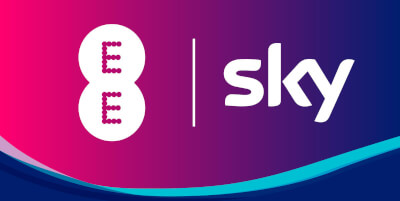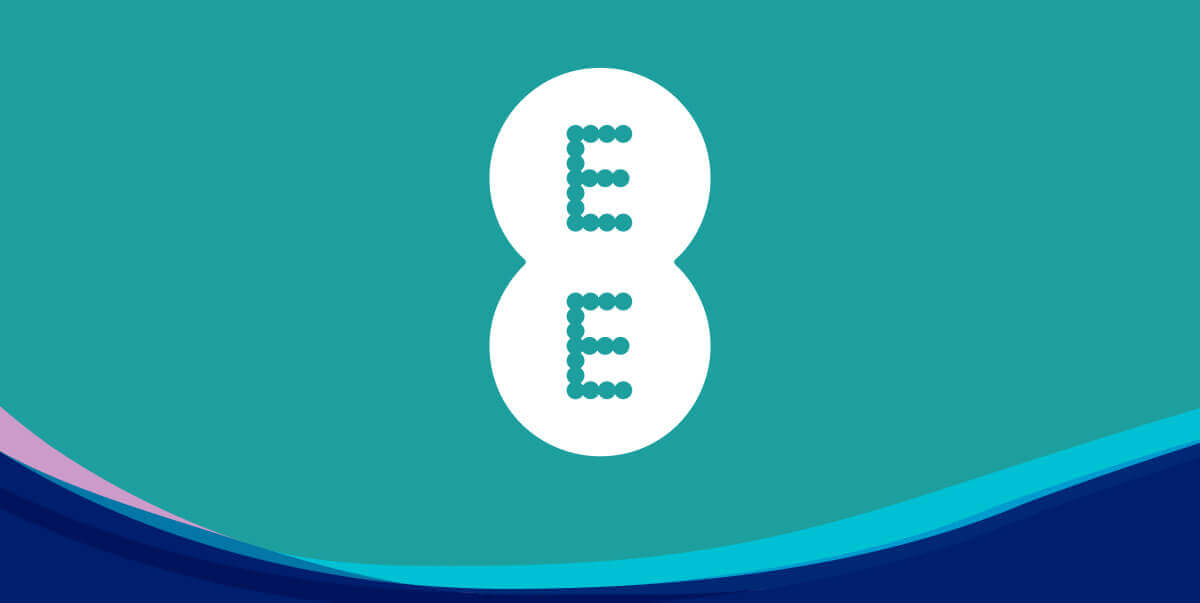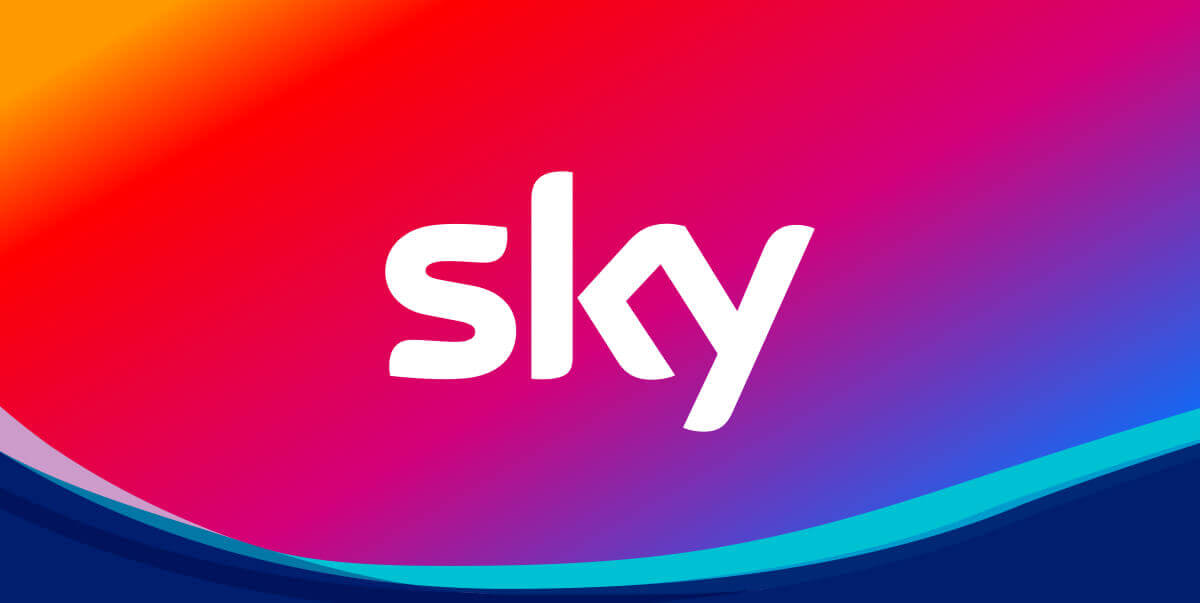Sky broadband vs EE broadband: Which is best?
 Dan Howdle • October 23rd, 2024
Dan Howdle • October 23rd, 2024

Where Sky started as a satellite TV provider, EE started as a mobile network, and now both companies also offer home broadband. Both also run on the Openreach network and offer both Standard Fibre and Full Fibre broadband.
UK households have been enjoying Sky broadband since its launch in 2006, whereas EE was a relatively late arrival to the home broadband market, following its takeover of Orange and its internet services in 2012. Since 2016, EE has been part of the BT Group and is now one of the UK’s leading broadband providers, so how to choose between Sky and EE?
Key feature comparison
Here's a quick feature comparison on how Sky and EE stack up.
| Feature | Sky broadband | EE broadband |
|---|---|---|
| Download speeds | Up to 900Mbps | Up to 1.6Gbps |
| Upload speeds | Up to 60Mbps | Up to 115Mbps |
| Router | Sky Broadband Hub, Sky Max Hub | EE Smart Hub, EE Smart Hub Pro |
| Network | Openreach | Openreach |
Broadband speed

Winner: EE
EE wins over Sky when it comes to speed by offering a top download speed of 1.6Gbps against Sky’s 900Mbps. However, when it comes to ultrafast speeds, you will struggle to notice a lot of difference in day to day activities simply because those top speeds have very few real-world uses. EE also offers better upload speeds than Sky, which may be of interest to anyone who does a lot of live-streaming or uploading and cloud computing.
Although both Sky and EE run on the Openreach network, their average speeds differ only in any meaningful way at the very tippy-top of the top end.
When it comes to ultrafast speeds, Sky offers 75Mbp, 100Mbps, 150Mbps, 300Mbps, 500Mbps, and 900Mbps, whereas EE offers 74Mbps, 149Mbps, 308Mbps, 500Mbps, 900Mbps, and 1.6Gbps. A fast download speed will ensure you can enjoy downloading and streaming TV shows, films and videogames without any irritating buffering, and also keep all your devices connected to your wifi without any problems.
For anyone keen to have as fast an upload speed as possible, the faster the package's download speeds are, the faster the upload. Just don'e expect symmetrical speeds anytime soon. Upload speeds are a fraction of the advertised download speeds with both providers.
-
 £50 gift cardSuperfast
£50 gift cardSuperfast- 61Mb average speed +
- Unlimited usage +
- PAYG calls
- £50 Gift Card
£27.00 per month(prices may change during contract)£50 gift card£5 one-off cost24 month contract -
 £80 gift cardFull Fibre 500
£80 gift cardFull Fibre 500- 500Mb average speed +
- Unlimited usage +
- PAYG calls
- £80 Gift Card
£33.00 per month(prices may change during contract)£80 gift card£5 one-off cost24 month contract -
 £60 voucherFibre Broadband
£60 voucherFibre Broadband- 74Mb average speed +
- Unlimited usage +
- No phone line
- £60 Amazon Voucher
£35.00 per month£60 voucher£0 one-off cost24 month contract
Packages

Winner: EE
Both providers offer seven different broadband speeds, with the primary difference being at the top end where EE's 1.6Gps package towers over Sky's top speed of 900Mbps. They both operate on the Openreach network, which is used by the vast majority of broadband providers.
EE standard broadband and fibre broadband packages up to 67Mbps come with a landline and pay-as-you-go calls as standard although you can choose to bolt on a call package if you use your landline. Full Fibre packages (recommended) come without a landline as standard with EE, since they do not use copper telephone wires, but you can choose to have a digital phone line installed if you wish. You'll get a pay as you go digital line with Sky Full Fibre however whether you want it or not.
In comparison, Sky offers a top speed of 900Mbps to customers in Full Fibre areas. Like EE, its Standard Fibre packages come with a phone line and pay-as-you-go calls with the option to bolt on a calls package. Its Full Fibre packages come with a digital phone line. Sky broadband deals also all come on an 18-month contract, whereas EE Broadband demands 24 months as the minumum term.
Customer service

Winner: EE
Sky and EE both score highly overall for customer service according to Ofcom, so customers of either provider can rest easy knowing they have a good chance of being treated well if things go wrong. However, due to the fact that Sky makes it difficult to get in touch directly, in our opinion EE wins when it comes to customer service.
EE does very well when it comes to customer service. The latest Ofcom figures show 85% of EE customers were satisfied with their service overall, the highest number apart from Plusnet, which came out top with 89%.
Sky sits behind EE, with 82% of its customers satisfied with their service overall, and lags behind EE when it comes to the proportion of customers who had a reason to complain, with 18% versus just 13% of EE customers.
EE customers tend to get through to customer services pretty fast, with average waiting times of just one minute and six seconds, compared with a typical two minutes 37 seconds across all broadband providers. Sky takes considerably longer to pick up the phone however, at two minutes 14 seconds.
EE offers customer service in its branches and through its call centres on 0800 079 8586 between 8am to 9pm Monday to Friday and 8am to 8pm on weekends, but its live chat online doesn’t cater for broadband. There is an EE customer forum where you can raise issues and see if others are facing similar problems and find solutions.
Sky positively encourages customers not to call if they have an issue, and instead directs them to its range of online guides. However, you can call on 0333 759 0582 if you want to speak to someone, or visit the live chat service. You will need your account details to hand before you can speak to anyone.
Router and technology

Winner: EE
Broadband customers don’t like being treated differently to each other, especially if they are using the same provider. But that's the road both providers have decided to travel, offering a good, basic router with all of its packages, and then an upgraded one either free with their top speed package or for an additional monthly cost on all the others.
With Sky you'll get the excellent, Wi-Fi 5 Sky Broadband Hub. If you opt for the Sky Wi-Fi MAx add-on, at an additional monthly cost, you'll get the Sky Max Hub – a superior Wi-Fi 6 Hub.
EE on the other hand is determined to be at the absolute bleeding edge of broadband provision, because its standard EE Smart Hub is already Wi-Fi 6 enabled, while its Smart Hub Pro offers Wi-Fi 7! Yes, we just used an exclamation mark there, because Wi-Fi 7 is beyond cutting edge. Within certain ranges it is capable of matching LAN speeds over Wi-Fi – a real breakthrough. The downsides though are that you need Wi-Fi 7 compatible devices, and the range isn't as good as Wi-Fi 5 or Wi-Fi 6 generally.
Still, it's enough top put EE considerably head on the technology front. EE Broadband is simply the best broadband you can get for gamers and households with very high network demands.
Extras

Winner: EE
EE has stepped up its game by offering some unique extras, making it the standout winner in this category. Along with the standard internet security and parental controls, EE adds extra value with free Norton Security Premium for up to 10 devices. This is included with all EE broadband packages, ensuring enhanced security across multiple devices. EE also provides Work Mode and Game Mode through its Smart Wi-Fi service, which optimises your connection for work or gaming sessions, reducing latency and ensuring a smoother experience.
Sky, on the other hand, no longer offers McAfee security for free. However, Sky's Broadband Shield still offers website filtering and parental controls, allowing you to set different levels of restrictions based on age, and schedule downtime to restrict usage during certain hours.
One of Sky’s standout features is the ability to use Wi-Fi on the go through the Sky WiFi app, allowing access to The Cloud’s public Wi-Fi hotspots across the UK. This is something EE doesn't have, although EE Broadband customers who also have EE mobile contracts can enjoy extensive 4G and 5G coverage, obviously.
Overall

Winner: EE
Both Sky and EE bring decent speeds and a good customer service reputation. But if you want a broadband service that offers the fastest speeds, free security software, benefits for its mobile customers and easily accessible customer services, and access to the most cutting edge technology in the market right now, then EE is the way to go.
